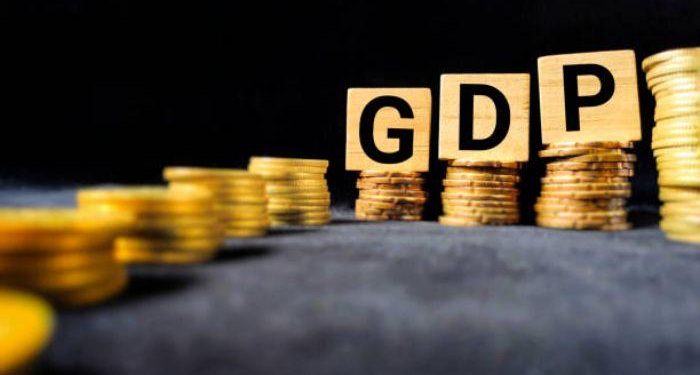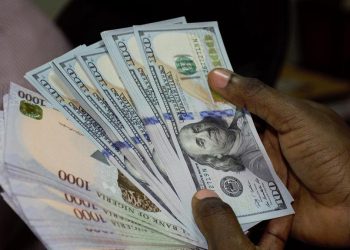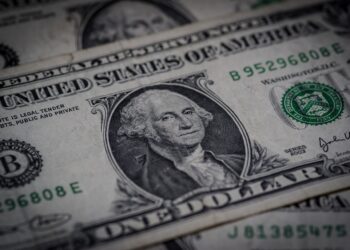Nigeria’s economy has reached a rebased value of ₦205 trillion, according to the Statistician General of the Federation, Adeyemi Adeniran. This fresh calculation, based on the new base year of 2019, represents a 41.7% increase compared to the previous rebasing done in 2014.
Adeniran noted that the rebasing exercise covered the years 2019 to 2023, using 2019 as the starting point. He further stated that Nigeria’s GDP at current prices now stands at ₦372.8 trillion ($243 billion) as of 2024, reflecting the country’s growing economic activity despite persistent challenges.
Top Sectors Driving Growth
The key sectors contributing to this milestone include crop production, trade, real estate, telecommunications, and oil and gas. “In nominal terms, Nigeria’s economy was estimated at ₦205.09 trillion in 2019, which represents a 41.1% increase from the previous base year value,” Adeniran explained. He also highlighted that real estate has now moved ahead of crude oil and gas to rank third, largely due to improved coverage of the informal real estate market.

He added that the economy recorded an output of ₦213.63 trillion in 2020, ₦243.30 trillion in 2021, ₦274.23 trillion in 2022, ₦314.02 trillion in 2023, and ₦372.82 trillion in 2024. In real terms, the GDP growth rate for 2020 stood at -6.96%, but it bounced back to 0.95% in 2021, followed by stronger growth rates of 4.32% and 3.04% in 2022 and 2023. By 2024, Nigeria posted a 3.38% real GDP growth rate.
Services Remain Largest Contributor
Using the new base year, the services sector continues to dominate, contributing 53.09% of the GDP in 2019, up from the previously recorded 52.6%. Agriculture followed with 25.83%, while industries accounted for 21.08%. Adeniran pointed out that the informal sector’s contribution is significantly higher than earlier estimated, reaching ₦86.85 trillion or 42.5% of the economy.
Nigeria’s Economy Hits ₦205 Trillion: What It Means
The headline number of Nigeria’s economy hitting ₦205 trillion sounds impressive, but does it translate to a better life for ordinary Nigerians? Rebasing might give the country a boost on paper, but rising inflation, high unemployment, and weak purchasing power are realities that cannot be hidden behind economic figures. While crop production and trade dominate the statistics, the cost of food and basic goods continues to rise, leaving many Nigerians wondering how a ₦205 trillion economy benefits them directly.
For Nigeria to truly feel the impact of this economic growth, policymakers must focus on converting GDP gains into improved living standards. A country can boast of a trillion-naira economy, but if poverty remains widespread and workers continue to struggle on stagnant wages, the numbers become meaningless.

















